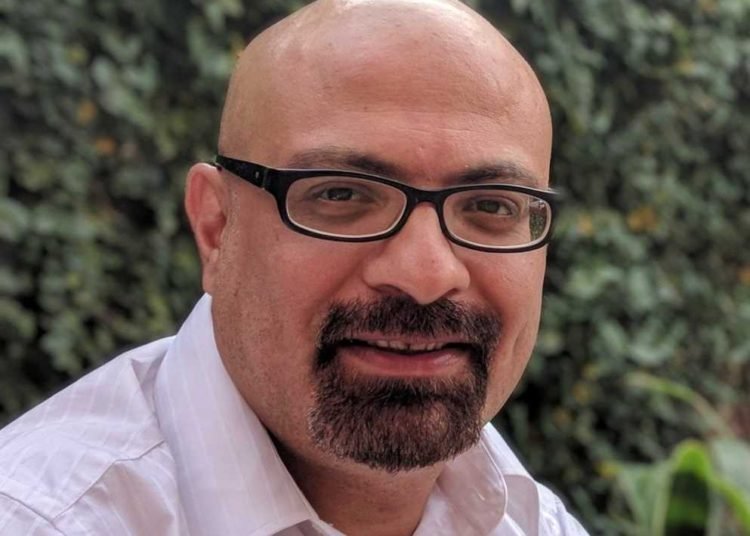By Health In Five Write
India imposed a ban on the production, import and sale of vaping products in September 2019. The India vaping ban came amid an updated guidance from the World Health Organisation (WHO), which encouraged the prohibition of e-cigarettes.
The ban covers manufacture, importation, sale and advertising of electronic cigarettes. This therefore targets the vendors and distributors of vaping supplies and cuts off the supply to the consumer.
As vape ban in India completes a year, the Association of Vapers India (AVI) has called for a nationwide protest on September 18, when vapers from across the country will take part in protests against the decision taken by the government.
The protest was organised simultaneously in many cities including Delhi, Mumbai, Bengaluru, Hyderabad and Kolkata. An online protest rally on Friday will involve former smokers, vapers and their family members, along with global health, legal and advocacy experts to stage opposition against the ban imposed on vaping a year ago.
AVI, which leads efforts in India for adoption of harm reduction policies stating that it is a more humane and effective tobacco control strategy, has also written to all members of Parliament to convey 10 reasons why the vape ban has failed, both on health and economic counts, creating more negative outcomes than positive ones.
AVI director Samrat Chowdhery, who has also been recently appointed to lead global consumer advocacy efforts, felt the vape ban in India was draconian in nature.
“We are bringing vapers together to raise our objection against the draconian ban by the government on September 18 last year. Due to this arbitrary decision, efforts taken to promote harm reduction to reduce India’s tobacco health burden have been wasted. In our country, where nearly a million people die of smoking every year, it is important to promote risk reduction tools and sensitise people about them,” Samrat Chowdhery said in a statement
“Since a significant percentage of the population has been denied the right to health and choice, we will mark September 18 as Black Day. The government has even banned research on vaping so that we could share robust scientific evidence on the net positive impact of vaping. We have raised objections to the ban internationally too,” he added.
In the past year, AVI has taken up the issue at various levels and on several platforms to highlight the challenges faced by lakhs of e-cigarette users, as well as smokers looking for an effective means to quit. The organisation under the aegis of Council for Harm Reduced Alternatives, advocates for harm reduction alternatives and aims to contribute towards a tobacco-free India.
A nationwide protest was organised last year soon after the vape ban in New Delhi, Mumbai, Bengaluru, Hyderabad, Kolkata and Chennai where vapers voiced dissent against the decision.







































